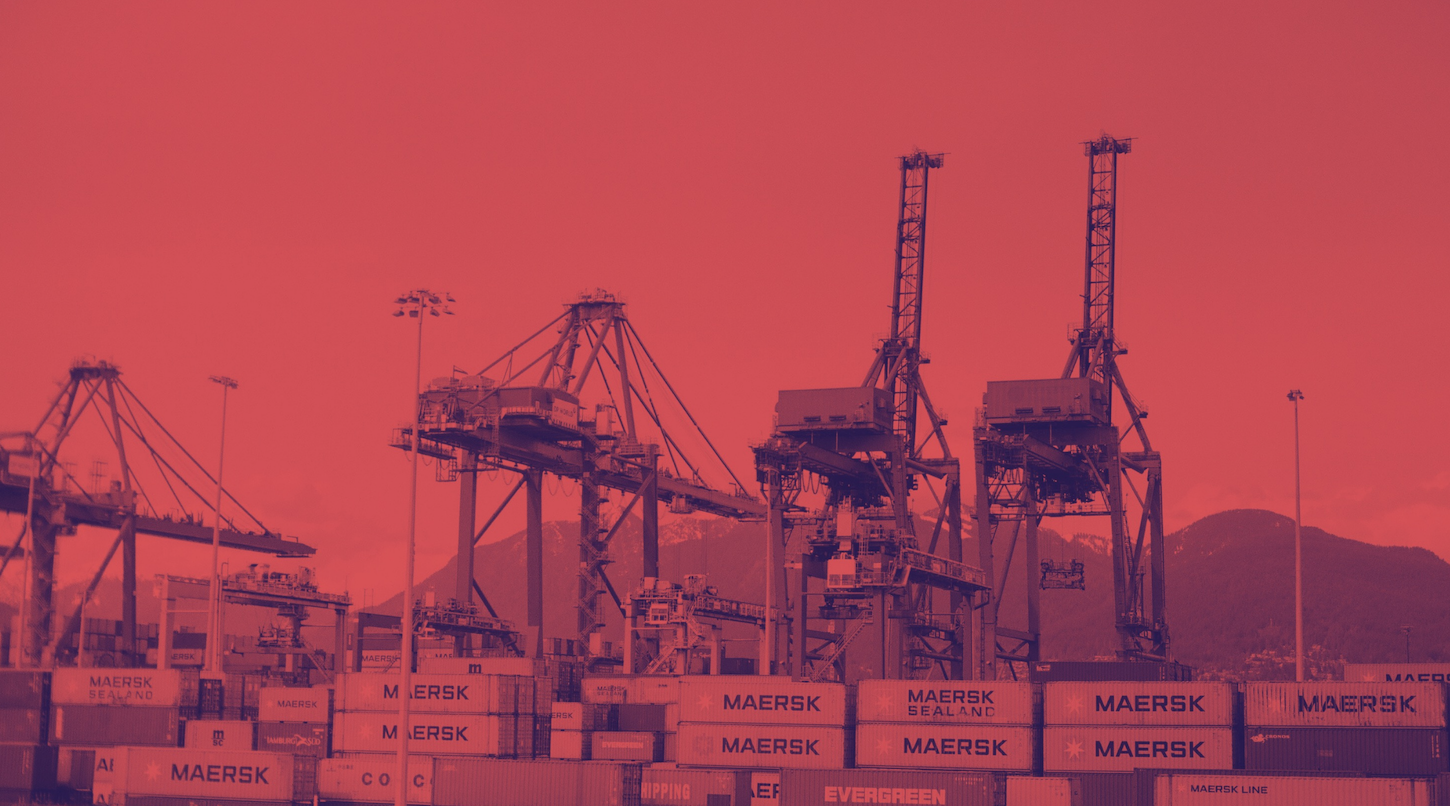
Written by Maximilian Magnacca
Part of the series ‘The Future of European Trade: Challenges and Hopes’
Enforcing a common policy for minimum wages will help combat huge differences in living standards across the European Union and help ensure that companies cannot move production around to take advantage of cheaper labour, leaving others behind. It would also combat the increasing prevalence of “in-work” poverty, which has only been exacerbated during the first wave of the COVID-19 pandemic and can only be forecasted to further increase as the situation continues to worsen. In-work poverty is a hidden evil. It is related to individuals who do not qualify for unemployment benefits, as they are employed, but do not earn enough to live comfortably as a result of a reduction of hours or some other economic shock (see the cited policy brief for more) (OECD, 2009). Now, you, the reader, may be wondering what a common level for minimum wage has to do with European trade policy, and you would be right in asking this. It is not immediately clear, yet a country or region’s regulatory environment is a key tool for its trade policy. Internal policies demonstrate the external priorities of the negotiating party. A baseline for how minimum wages should be set in Europe sends a strong message globally that European workers will not be undercut relative to others in the global economy, and that firms planning on trading in Europe will have to provide a good standard of living for European workers.
The European Commission has mentioned the fact that it can help support domestic demand as well as improving productivity through greater incentives to work i.e. paying higher wages which can increase security in the mind of the worker, knowing this will be enough (European Commission, 2020). These actions, if they occur, will strengthen the European economy and act as a larger signal as to why it is a market that international traders want access to. Furthermore, for the European economy and its most disadvantaged workers, this proposal also allows protection from the harmful effects of globalisation, while still engaging in fair trade policies and being active partners in a globalised world. The United Nations Conference on Trade and Development published a report detailing how trade can be both a force for harm and for positive progress; exacerbating inequality or helping protect disadvantaged domestic entities (ie. enforcing a common policy for minimum wages) (United Nations Conference on Trade and Development, 2019).
A major aspect of this proposal is the focus on reducing inequality amongst wage-earners. This is a laudable goal on its own, but also one that could unleash new engines of growth. With greater wage security, there is a reduction in the mental and emotional stress associated with wondering how bills will be paid or the next meal afforded. This reduction of stress is inherently good for health, but also allows citizens to focus on other tasks. These range from starting a business, performing well at school, or moving to a different job that is more aligned with their skillset, helping them develop professionally. Many organisations, from the OECD to the IMF, all recognise the benefits of reducing income inequality and have empirical support for the Commission’s policy proposal (OECD, 2012; Georgieva, 2020).
Any measure that improves the standard of living for the wider population, whilst also ensuring the development of a just, sustainable, and resilient economy is one that can face the challenges of globalisation confidently and reap the benefits. In an era of increasing global tensions, it is important that the domestic European economy can maintain a level of demand that is sufficient to maintain the employment of Europeans. This is a strong proposal from the Von der Leyen team on how to ensure that the social and economic pillars of the European Union will continue to improve the lives of all Europeans in the years to come (European Commission, 2020).
References
European Commission. (2020). Communication and Annex on a Strong Social Europe for Just Transitions.Brussels, Belgium: European Commission.
European Commission. (2020). Fair minimum wages: Commission launches second-stage consultation of social partners.Brussels, Belgium: European Commission.
Georgieva, K. (2020, January 7). Reduce Inequality To Create Opportunity.Retrieved from IMFBlog: https://blogs.imf.org/2020/01/07/reduce-inequality-to-create-opportunity/
OECD. (2009). In-Work Poverty: What can Governments Do?Paris, France: OECD.
OECD. (2012). Reducing income inequality while boosting economic growth: Can it be done? In OECD, Economic Policy Reforms 2012: Going for Growth(pp. 181-202). Paris, France: OECD.
United Nations Conference on Trade and Development. (2019). Trade Policies for Combating Inequality.Geneva, Switzerland: United Nations.

 Is EU citizenship for sale – or for keeps? A critical analysis of the CJEU’s Golden Visa ruling.
Is EU citizenship for sale – or for keeps? A critical analysis of the CJEU’s Golden Visa ruling.  The European Union in Space: From exploration and innovation to security and autonomy
The European Union in Space: From exploration and innovation to security and autonomy  The Rise of the Right: The Threat Right-Wing Extremism Poses to Women and Feminist Efforts in Germany
The Rise of the Right: The Threat Right-Wing Extremism Poses to Women and Feminist Efforts in Germany  The silent shield – how special operations safeguard the global supply chain
The silent shield – how special operations safeguard the global supply chain 


